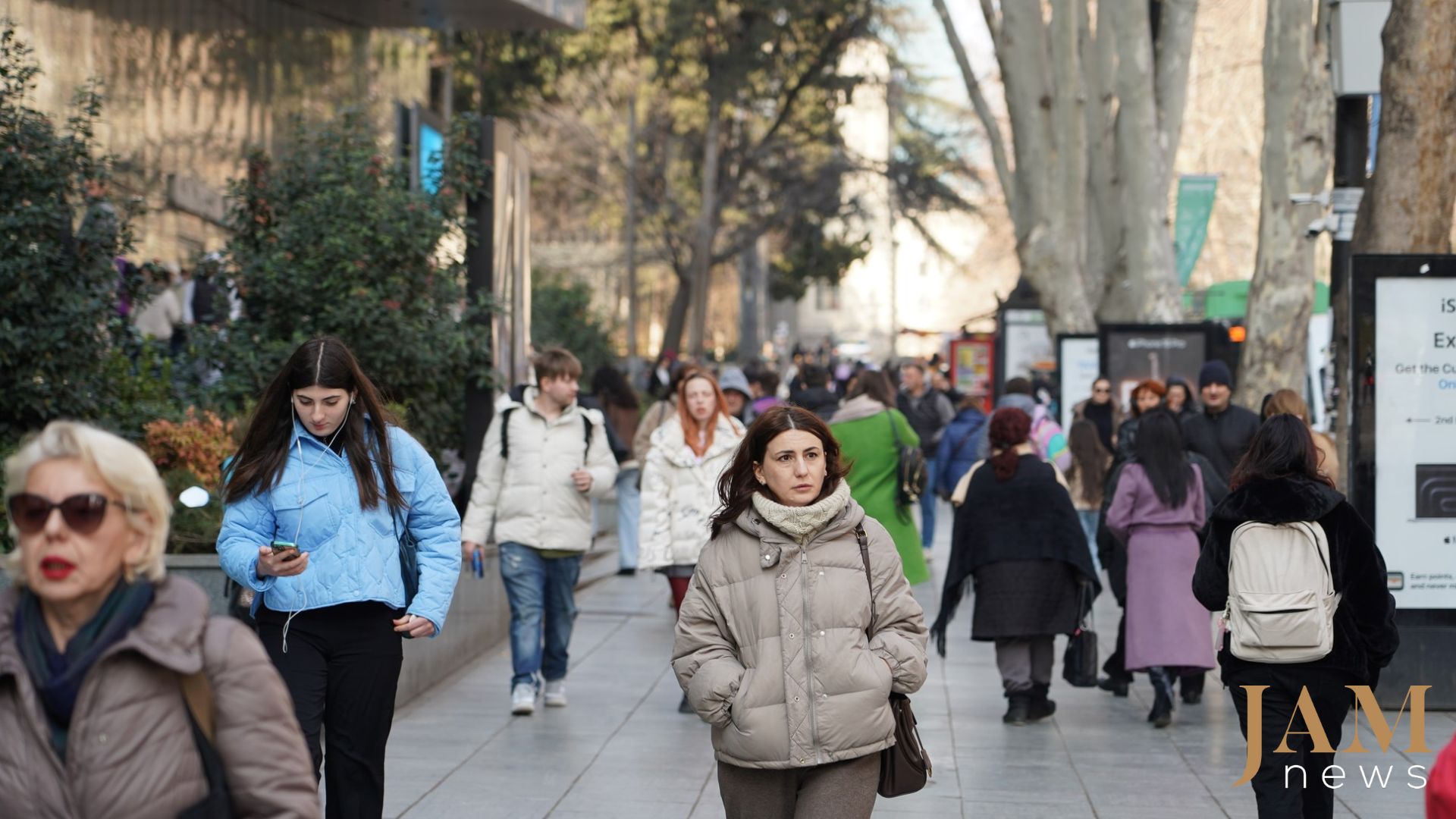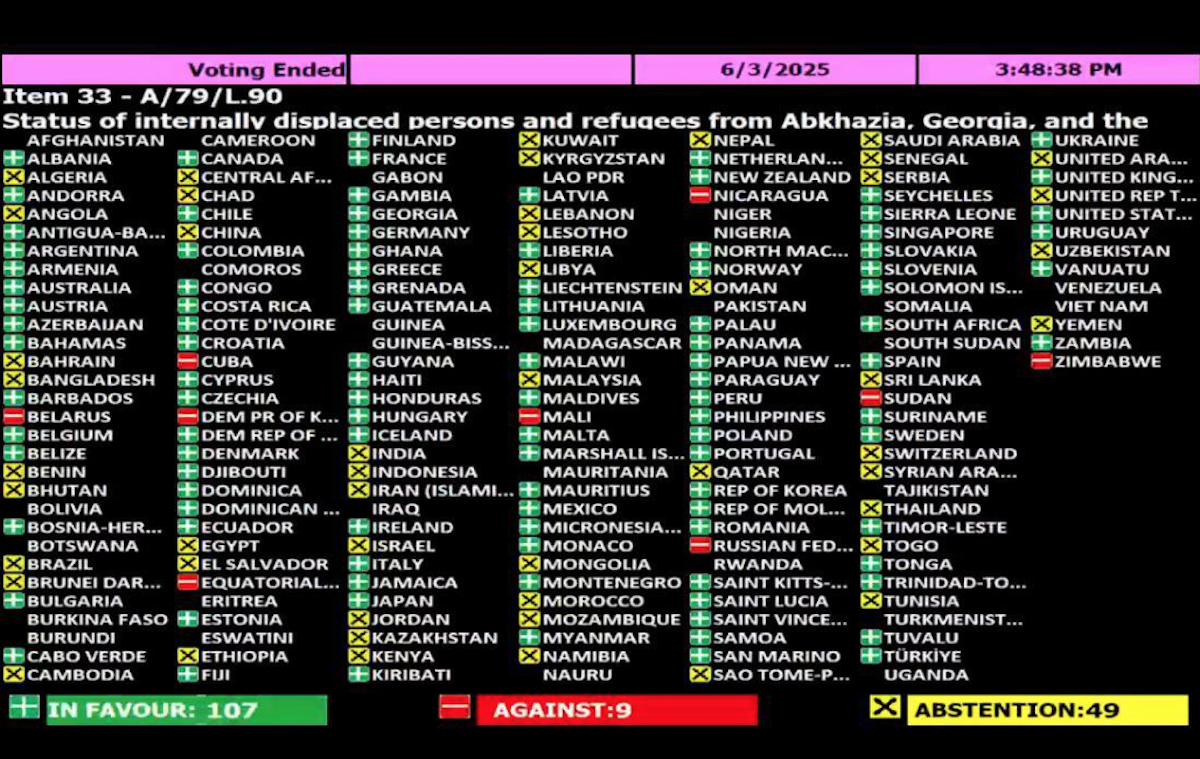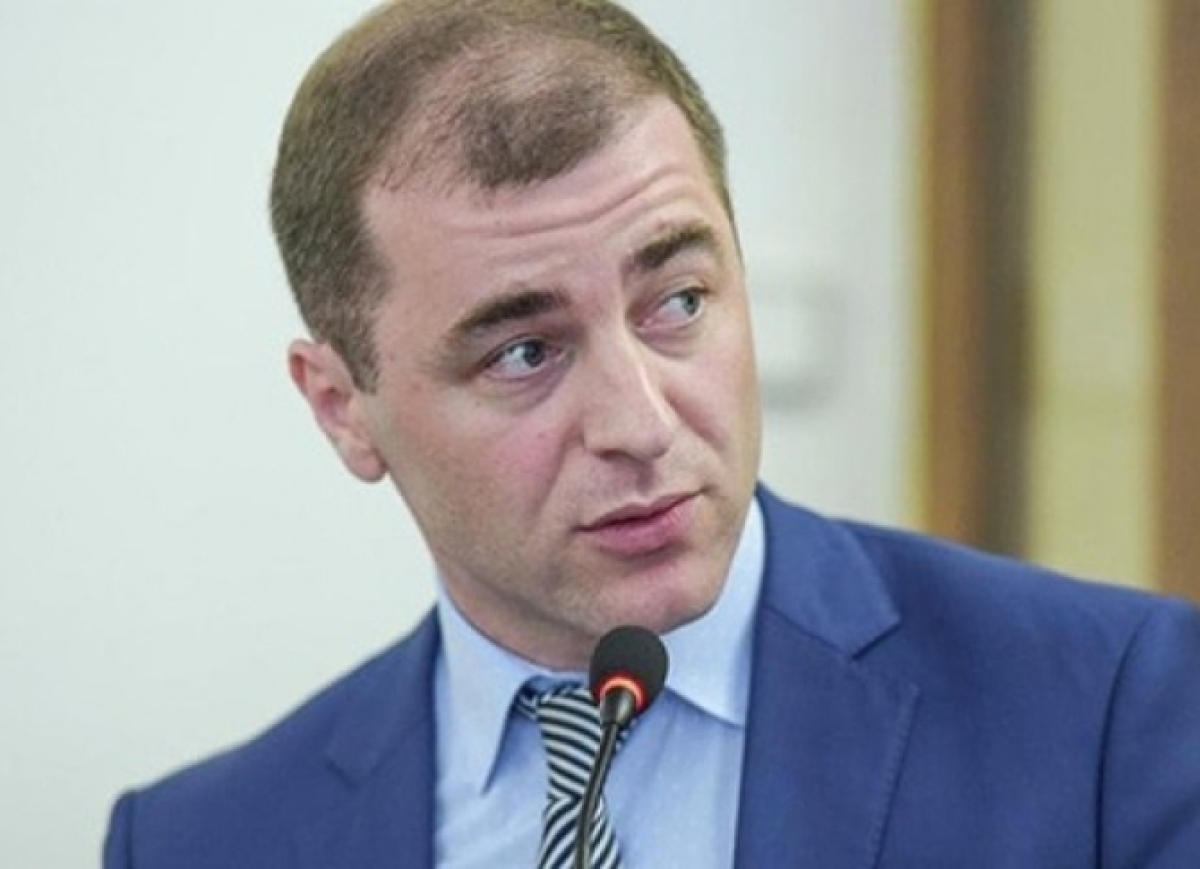President of Abkhazia on relations with Georgia, dialogue with opposition, and overcoming energy crisis
President of Abkhazia Badr Gunba gave an extensive interview to the Apsnypress news agency, in which he outlined his administration’s priorities in both domestic and foreign policy.
According to Gunba, the main goal of the Geneva International Discussions is to secure the signing of a legally binding non-use of force agreement between Georgia and Abkhazia.
Geneva discussions
In Gunba’s view, the Geneva International Discussions on security and stability in the South Caucasus are the only platform where Abkhazia can present its position on the Georgian-Abkhaz conflict to key international actors such as the United States, the United Nations, the European Union, and the OSCE.
“This is the only international format in which representatives of the Republic of Abkhazia engage in dialogue with Georgia, which waged war against our country in 1992.
In Abkhazia, opinions on this negotiation format vary. The most common criticism is the lack of progress so far on agreeing and signing a legally binding document on the non-use of force between Georgia and Abkhazia — a failure largely due to the extremely destructive stance of the Georgian side.”
However, Gunba stresses that diplomacy does not always yield quick results on specific issues, and the Abkhaz side remains committed to continuing its participation, thereby demonstrating its openness to further dialogue.
Among the humanitarian issues discussed within the second working group of the Geneva Discussions, Badr Gunba highlighted the recognition of the Abkhaz national passport as a valid travel document.
“This issue is regularly raised by Abkhaz participants during negotiation rounds. Not all citizens of Abkhazia hold secondary Russian citizenship, and due to the non-recognition of the Abkhaz national passport, they are unable to travel abroad — for instance, to receive medical treatment or resolve other humanitarian matters.”
Gunba considers this to be a blatant violation of fundamental international principles, including the right to freedom of movement.
In his view, the primary objective of the Geneva Discussions remains the signing of a legally binding agreement on the non-use of force between Georgia and Abkhazia.
Such an agreement is crucial not only for ensuring the stable and peaceful development of Abkhazia but also for strengthening the broader regional security architecture.
Public administration reform
“There is a public demand for changes to the system of state governance — for reforming the authorities, simplifying administrative processes, and addressing many other fundamental issues.
We intend to structure our work in a way that allows us to address all these areas simultaneously.”
According to Gunba, he supports the idea of reducing the size of the state apparatus, but does not plan to do so through mechanical cuts. Instead, he aims to carry out optimisation by digitising administrative processes and promoting the overall digital development of government operations.
Relations with opposition
“We intend to engage in constructive dialogue with all political forces in our country whose activities are based on sound ideas. I believe it would be difficult to accuse me of refusing to talk with the opposition or with people representing different political groups.
Whatever position I have held, I have never refused dialogue. Moreover, I believe that constructive dialogue is one of the foundations of stability in both society and the state.”
In Gunba’s view, the culture of political dialogue is also of great importance — the foundations of the republic must not be undermined, nor should actions be taken that pose a threat to the state for the sake of short-term political gain.
Energy sector
Badr Gunba outlined a set of measures aimed at overcoming the energy crisis:
- reducing the republic’s electricity consumption through the implementation of a metering system programme;
- encouraging consumers to use electricity more efficiently and economically;
- cracking down on illegal cryptocurrency mining;
- improving collection rates for electricity consumption.
According to Gunba, the latter measure will enable Abkhazia to purchase larger volumes of electricity with its own funds amid the current energy deficit.
Tax reform
“At present, we are working on the implementation of the simplified taxation system law. Under this system, four taxes — corporate profit tax, value-added tax (VAT), property tax on organisations, and personal income tax for individual entrepreneurs — would be replaced by a single tax.”
The tax rate under the simplified system will be set at 6%, which is lower than the current VAT and personal income tax (10%) and the corporate profit tax (18%).
Electoral system reform
Gunba believes that the current majoritarian electoral system is outdated and no longer reflects the will of the majority of voters.
“I am considering submitting a draft electoral reform bill to parliament that would introduce a mixed proportional-majoritarian system.
I am confident that such changes will strengthen the institution of popular rule and help avoid many political disagreements in our society.”
Terms, place names, opinions and ideas suggested by the author of the publication are their own and do not necessarily coincide with the opinions and ideas of JAMnews or its individual employees. JAMnews reserves the right to remove comments on posts that are deemed offensive, threatening, violent or otherwise ethically unacceptable.
Badr Gunba gave an extensive interview























